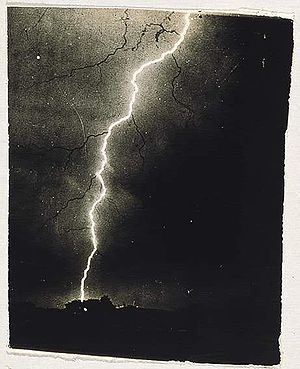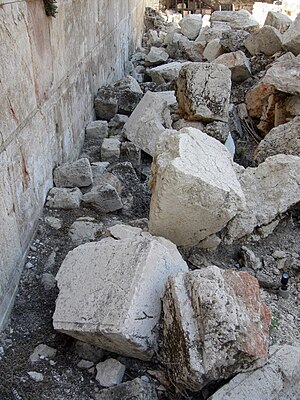Image: Hands holding a globe of earth ( cocoparisienne / Pixabay)
If you have a good Jewish calendar, you may have noticed that on the day before Purim, there is something called Ta’anit Esther, the Fast of Esther. This is one of the minor fasts – “minor” meaning a dawn-to-dusk fast, unlike the Yom Kippur 25-hour fast.
The fast commemorates the three day fast that Queen Esther asked the Jews of Persia to keep before she approached the king about the planned massacre of the Jews.
Esther bade them to answer to Mordecai:
“Go, gather together all the Jews that are present in Shushan, and fast ye for me, and neither eat nor drink three days, night or day; I also and my maidens will fast in like manner; and so will I go in unto the king, which is not according to the law; and if I perish, I perish.”
Esther 4:15-16
The usual reason given for observing the fast is that it sharpens our enjoyment of the feasting and joy of Purim. The original fast in the story had a darker meaning. Esther was about to put herself in danger, approaching the king. Meanwhile, the king had put much of the government in the hands of a bad man, Haman, whose xenophobic policies were a dire threat to the survival of the Jews. (Esther 3:8-10)
Today the human race faces some dire threats, and the governments of some nations have wrongheaded policies that are not making matters better. Genuine leadership has been in short supply, and we are in perilous times. We face climate change and a pandemic, which threaten both our physical and economic health. Xenophobia is rampant, and religious persecution, including but not limited to antisemitism, is on the rise. Economic injustice is rife, and the income gap grows wider and wider.
Some may say, “What difference does a fast make?” It is an ancient way of expressing distress at a situation beyond one’s control. It is a way of consolidating spiritual energy, of altering our experience and point of view. Sometimes fasting can produce a slightly altered state in which we see things differently. On a larger scale, my fasting speaks to my own belief that only if those of us who have more than others learn to practice a little self-denial, a little moderation, a little willingness to share, we are all going to suffer terribly in the coming years.
When Esther asked the Jews of Persia to fast, she did not know what lay ahead. She feared that when she approached the king, he would be angry and have her killed. She knew that Haman had scheduled the murder of all the Jews only a short time later. She did not know if she could make a difference. In the story, she made all the difference because she stood up for her people and took action. When she sent the message, she may not have known what she was going to do, but after fasting and prayer, she had come up with an idea that worked.
There is a growing fear of the future among us, and with fear come great evils: selfishness, xenophobia, mistreatment of the poor and the homeless. I am going to fast to express my solidarity with the people who are currently already suffering, and to express my distress at the road I see ahead. I will give tzedakah for the relief of food insecurity. I will pray for wisdom, as Americans go to the polls, as Israelis try to find their way to a new government, as governments try to mobilize against the pandemic.
I am finding – not exactly comfort, but a challenging sort of strength – in the words of Psalm 46:
God is for us a refuge and strength,
a help found easily when troubles come.
Therefore we shall not fear when the earth changes,
Or when the mountains totter into the heart of the seas,
When its waters roar and rage,
When the mountains shake as the seas rise up – selah!
A river: its channels bring joy to the city of God,
The most holy of the dwelling places of the Most High.
God is in her midst, she shall not totter; God will help her as darkness turns towards morning.
Peoples roared – kingdoms tottered;
God gave forth a sound – the earth began to melt!
Adonai of Hosts is with us,
A high tower for us is the God of Jacob – selah!
Go, behold the works of Adonai
Who has brought barren places to the earth,
Abolished wars to the end of the earth,
Broken the bow and severed the spear,
Burned up chariots in a blazing conflagration.
“Let them go, and know that I am God –
I am high above the nations, I am high above the earth!”
“Adonai of hosts is with us,
A high tower for us is the God of Jacob – Selah!”
Psalms 46:2-12 (translation from Songs Ascending by Rabbi Richard N. Levy z”l, CCAR Press.*
(Additional note: I thoroughly recommend Rabbi Levy’s translation and commentary on the Book of Psalms, Songs Ascending. They bring the ancient prayers to new life.)








